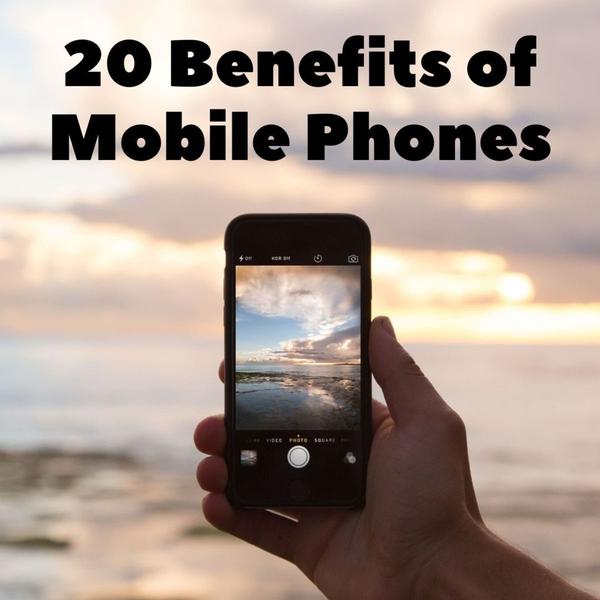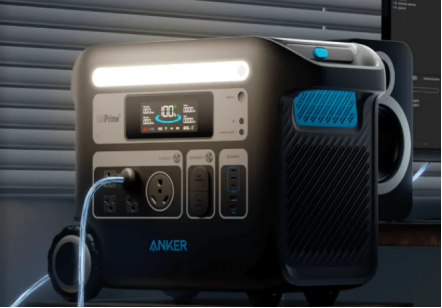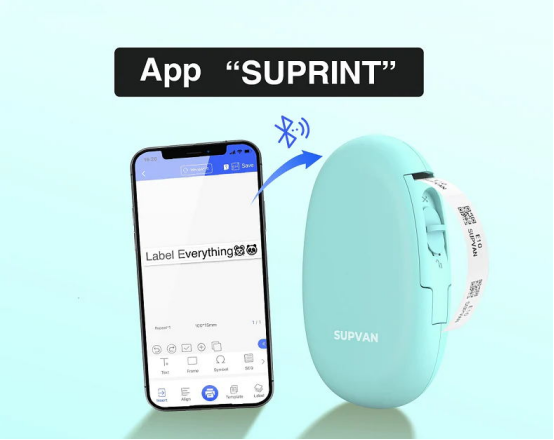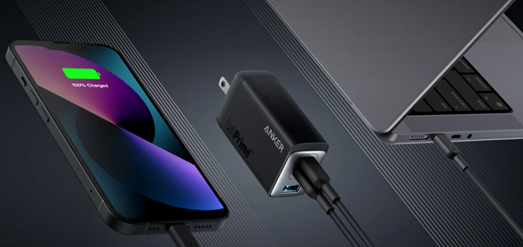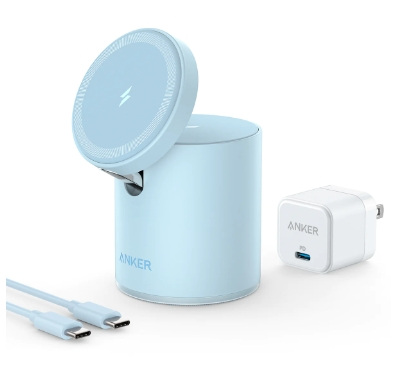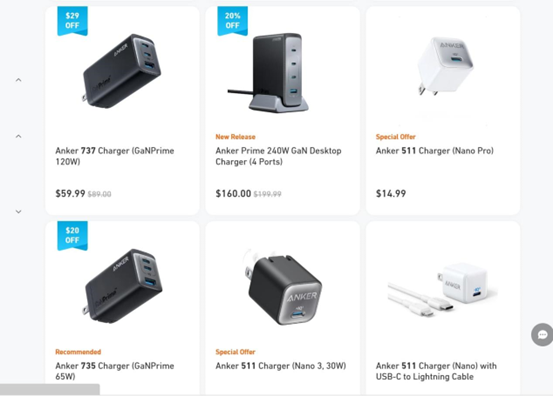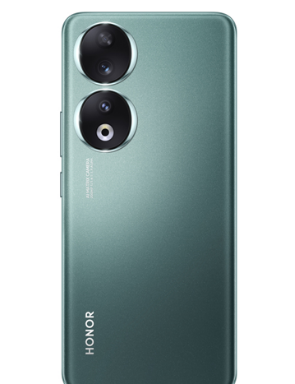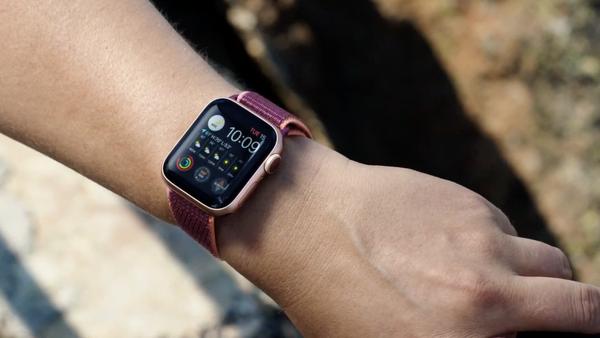
By cuterose
Apple Watch 7 makes me think bigger upgrades could be coming next year
The Apple Watch Series 7 has some new features, a bigger screen and upped durability. It charges a bit faster, apps load quickly and is fitted with WatchOS 8. But as I flick through it and its watch faces, I have to ask myself: Has anything really changed?
Of course things have changed, a bit. But the newest Apple Watch feels like a careful polish on the same ideas the Series 6 had. Or, the Series 5 before it. There isn't one big new thing that stands out. Now that the Apple Watch feels like it's cleared the experimental zone of wearable tech and become a mainstream product like the iPhone and iPad, maybe this is the watch's destiny. I still see some clear areas where the Apple Watch should evolve, and the larger-screened, quicker-charging Watch 7 makes it more obvious than ever. Maybe the rumored Apple Watch Series 8 will bring some larger upgrades.
Read more: How the Apple Watch 7 compares to the Apple Watch 6 and why you might want the Apple Watch SE instead.
Better battery life
There are clear limits on batteries and small devices. Some fitness trackers last up to a week, but make sacrifices when it comes to performance and features. High-powered smartwatches tend to never make it past two days, max. Still, the Apple Watch has hovered at about a day and a half of battery life for years. When will better battery life finally happen? That 18-hour-plus range keeps getting bonuses in performance: an always-on display, a larger screen, faster processor. When will the scale tip and allow longer battery life, like what's been happening on recent iPhones and MacBooks?
Some people are fine with daily charging. It seriously hampers the Watch's use as a sleep tracker, though. Apple suggests a quick recharge in the morning or a top-off at night to make it through a night's sleep. But a lower-power sleep mode seems like a clear need, or some other way to get the battery through to a couple of days (or more). Turning off the always-on display or other features could help the watch extend its battery life, sure. I think about that Apple Watch battery more than ever as something that needs to evolve.
A watch face store
Apple's watch face collection is extensive and customizable, and the watch faces look good. But it's also limited. With Apple investing so much in larger displays and high-performance processors, the lack of a watch face store is a wasted opportunity. I keep trying to find watch faces to show off the larger Watch 7 screen and use it in all sorts of new ways, and I hit limits. I want to show just how many bits of info I can layer (complications, they're called), for instance.
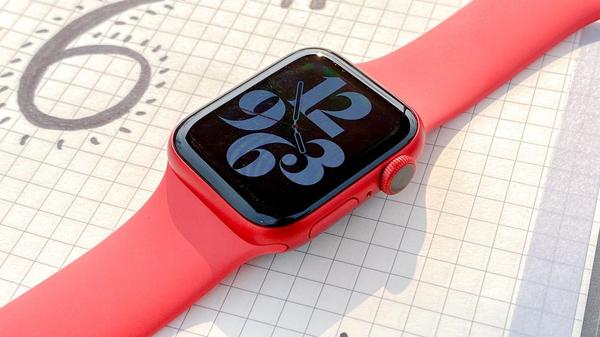
One of Apple's new Watch Series 7 faces, Modular Duo, shows two rows of rich information for apps that support it: a heart rate graph and a weather chart, for instance. There aren't that many apps that use larger complications like this. I'd prefer a way to show a bunch of smaller ones, but also lay it out the way I'd like. There's room on the screen now, so why not? I can't, though, not really.
I've said this a ton of times: Apple Watch is the only major smartwatch that doesn't have an open watch face store. There could be so many more interesting designs on tap, but right now Apple still hasn't made it happen.
Full watch independence
The Apple Watch is nearly a self-contained device, now: a fast wrist computer. It does a lot more than it did back in 2015. But you still need to pair it with an iPhone.
Recent Apple Watch updates allow you to pair a watch for someone else and have them wear it on their own, but you still need an iPhone for it to link to at the start.
Opening up the Watch to Android would be great, but there's an ever simpler path: It should just work on its own without a phone. You should be able to set it up and fully operate it as its own device. And then, optionally, pair it with whatever phone you have.
More sensors, or a more complete sleep-to-wake awareness
The Apple Watch's fitness and health features keep expanding, but it still doesn't have a feature that I've started appreciating on a few other watches and rings: a daily health score.
Fitbit and Oura wearables both have a morning score that can be interpreted as a sort of barometer of wellness or stress levels. The scores can seem arbitrary, sure. They're dependent on multiple readings ranging from sleep quality to resting heart rate to even heart rate variability and daily activity the day before. And yet, over weeks and months, I came to love the idea. I find that these scores help remind me of some things I haven't been tending to (not getting enough sleep, not getting up or being active enough), but in ways that are more proactive than the end-of-day activity ring goals the Apple Watch has.
Sometimes these scores remind me to take it easy, too. They can feel, at times, like a form of subtle alert system that can sometimes (not always) correspond with not feeling well.
The Apple Watch doesn't have onboard temperature sensors, and it still doesn't break down nightly sleep in as detailed a way as other trackers do. Sleep tracking is an imperfect science on smartwatches right now, but I still find sleep scores to be helpful reminders (and motivators).
The more I might wear an Apple Watch all the time, the more I'd expect a little more awareness of my health than the three-ring fitness metric I've started to ignore since being at home a lot.
Series 7 is the perfected Watch as we know it, but what's next?
I can see the Apple Watch as a fast, large-screen wrist successor to the iPod, and going a lot more places next. I love the bigger screen, but it also feels like an opportunity that's not being taken advantage of enough. And that makes me more frustrated than ever that I still have to take it off every day for a charge-up.
Smartwatches WellnessFitnessWatchOSNotification on Notification off Apple

